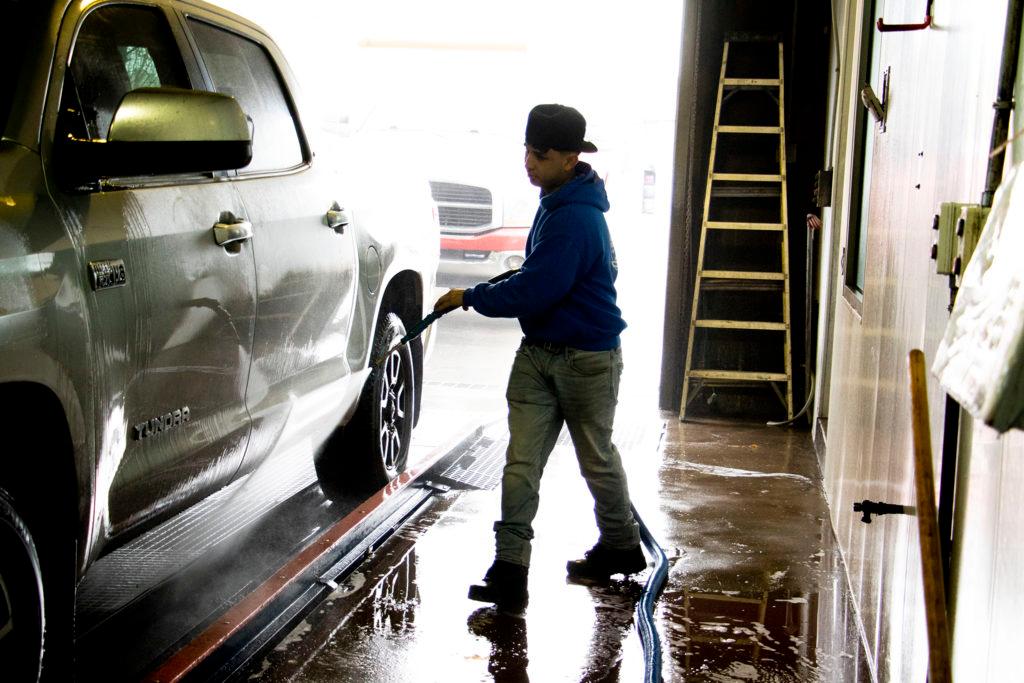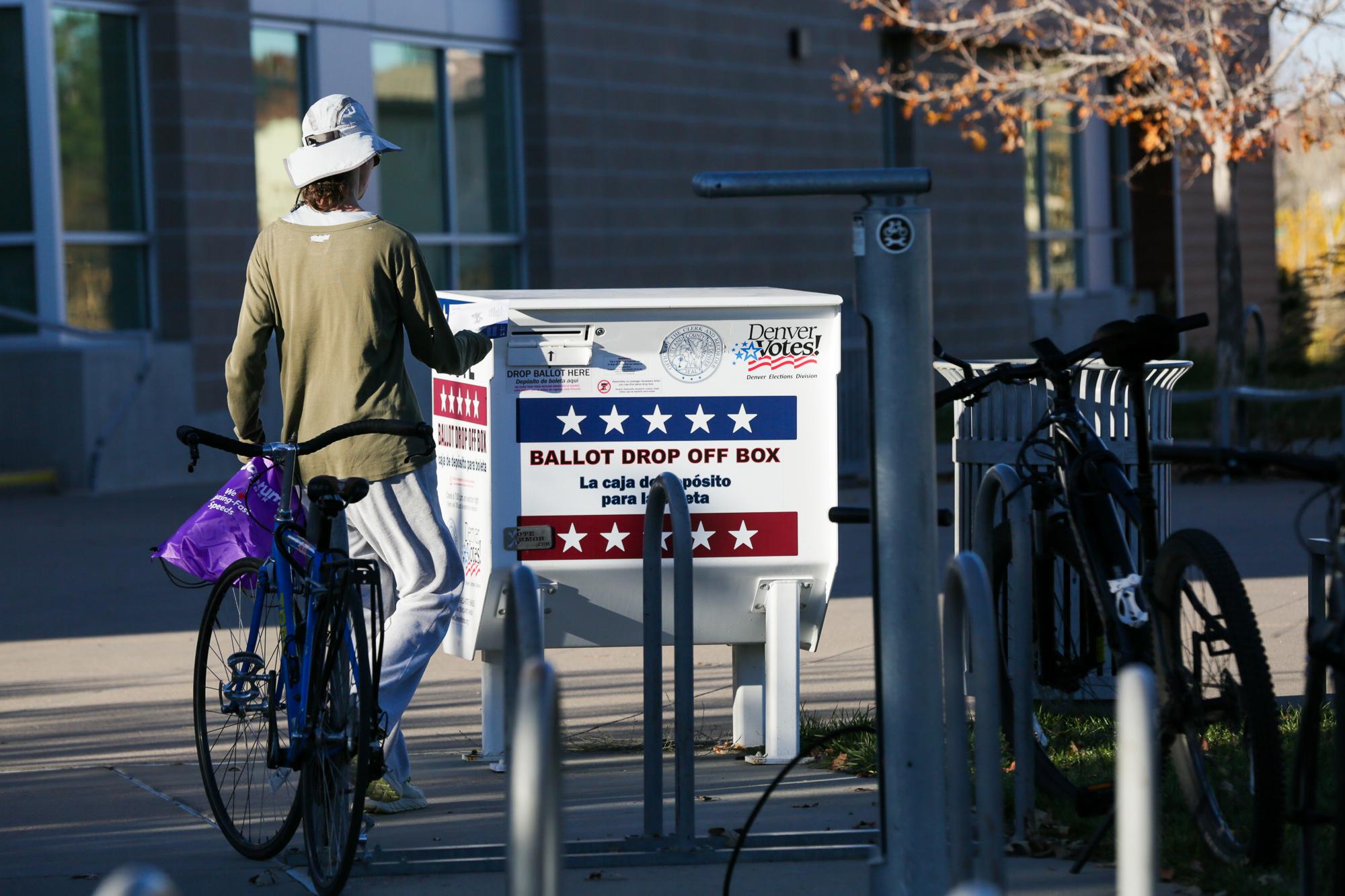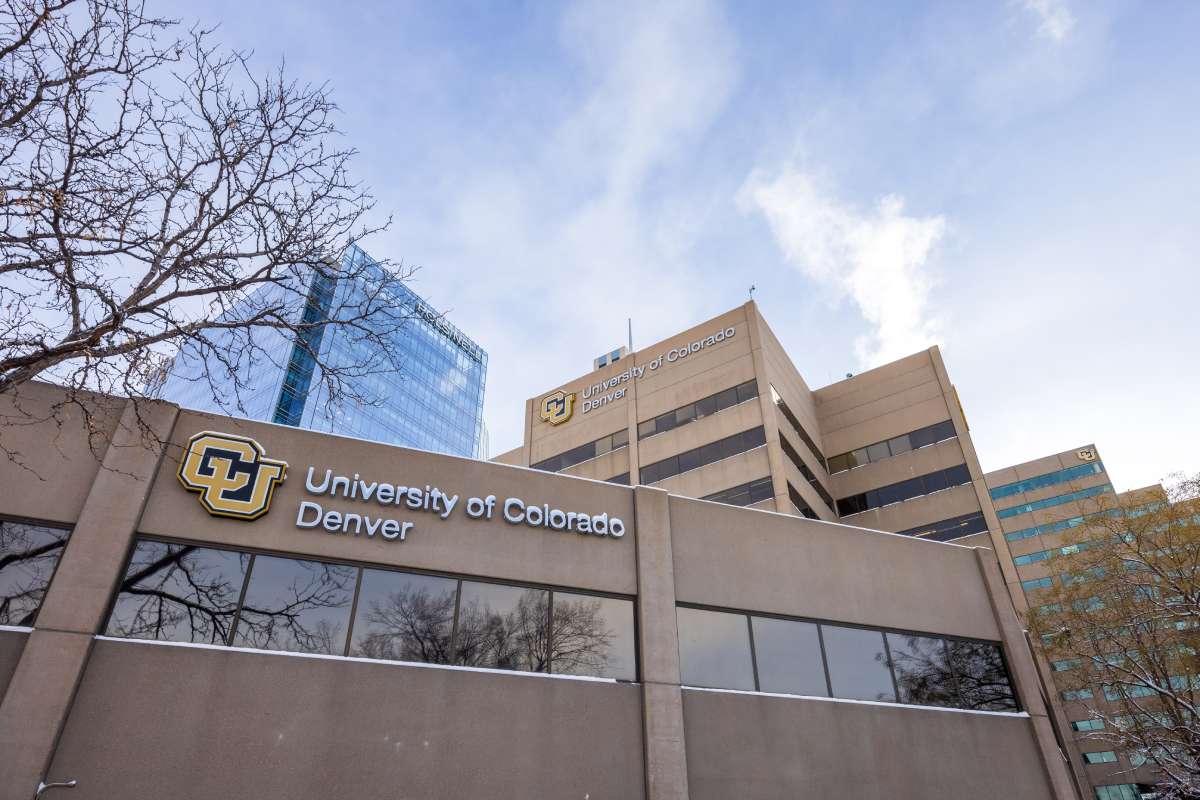
On Thursday, Vidal Rodriguez watched dozens of customers drive by his cashier booth, the edges of their windshields caked in a yellowish-white scum.
Much of the residue was a strange clay dust Suncor Energy, Colorado’s largest oil refinery, rained down on his hometown of Commerce City a day earlier.
Rodriquez, a college sophomore, works at Bear’s Car Wash Express near Colorado Blvd. and I-270. The business was one of four locations where Suncor offered free car washes to anyone who said they were affected by the incident
This was the aftermath of what Suncor called an “opacity event.” In a Facebook statement Wednesday, the company said an “operational upset” led the company to release a “nonhazardous” clay-like catalyst. The incident prompted Suncor to relocate employees in the immediate area. Two nearby schools were also placed on lockdown.
“It’s pretty scary,” said Rodriguez.
Located just a few miles north of Denver, the Suncor facility represents Colorado’s entire refining industry. The Canadian company uses the location to turn crude products into fuel for automobiles and airplanes. It’s earned a reputation as one of Colorado’s biggest polluters after repeated incidents. In 2019 alone, Suncor’s two operations accrued 75 separate permit “upsets,” according to the Colorado Department of Public Health and Environment. The company has come to numerous settlements with the state over air quality violations, adding up to a total of $3.6 million since 2010.
Those incidents have swept the company into a larger narrative of environmental racism. The area surrounding the plant is heavily industrial and predominantly Latino. A 2017 study ranked the zip code just south of the plant as the most polluted in the U.S.
Lizeth Chacon, executive director for the racial justice group Colorado People’s Alliance, called the offer of free washes “an insult” to Commerce City. She’d much rather see the company conduct a full investigation of the incident and release the results to the public.
“We have to really think about how this is going to change,” she said. “This corporation needs to be held accountable for the health impacts they’re causing in the community. We are extremely upset their response was free car washes.”

Rodriguez, the car wash attendant, agrees. He thinks that if the same incident occurred in a community with different racial demographics, Suncor’s reaction would be different.
“They would make it more of an issue. They would offer the community medical services. And they are offering us car washes,” he said.
On Thursday, Democratic State Sen. Dominick Moreno, who represents Commerce City, joined two other lawmakers in sending a letter to the Colorado Department of Public Health and Environment to demand a full report of the incident and an analysis of the ash residue.
“While we understand that Suncor has also indicated that it will undertake a full investigation of the incident and the CDPHE has said it will review air-monitoring data in the area we feel more action is needed,” wrote the lawmakers.
The same group is drafting legislation to give state regulators oversight over a greater number of toxic gases, including hydrogen cyanide. Moreno added it would require companies to alert the public following pollution incidents and send warnings in multiple languages.
As to the offer of free car washes, Moreno called the response insensitive.
“It has the feeling of not taking people’s concerns seriously,” he said.
Following the incident, Suncor said its own test showed safe air quality levels in the surrounding area. Jessica Depencier, a spokesperson with the company, said the substance that fell over Commerce City is a Fluid Catalytic Cracking catalyst, used in the refining process to break long compounds in crude fossil fuels into smaller hydrocarbons. It mainly contains clay and silica and counts as a nonhazardous waste stream under the Resource Conservation and Recovery Act.
Depencier added the company is conducting an ongoing investigation into how the release happened.
“On the afternoon of the incident, we convened an internal investigation team that continues working to determine the exact cause of the event,” she wrote. “Once we understand the cause and are satisfied the unit is safe and operable, we will look to restart it.”
Colorado's Air Pollution Division will conduct its own review of the incident, according to director Garry Kaufman. If the company did break laws or exceed its permits, he said the state would hold the company accountable.
“Suncor must find ways to reduce and ultimately eliminate, or at least minimize, operational upsets leading to excess emissions,” wrote Garry Kaufman in an email. “They must be responsible neighbors to a community that is disproportionately impacted by a host of air pollution sources in the area, including the refinery.”









